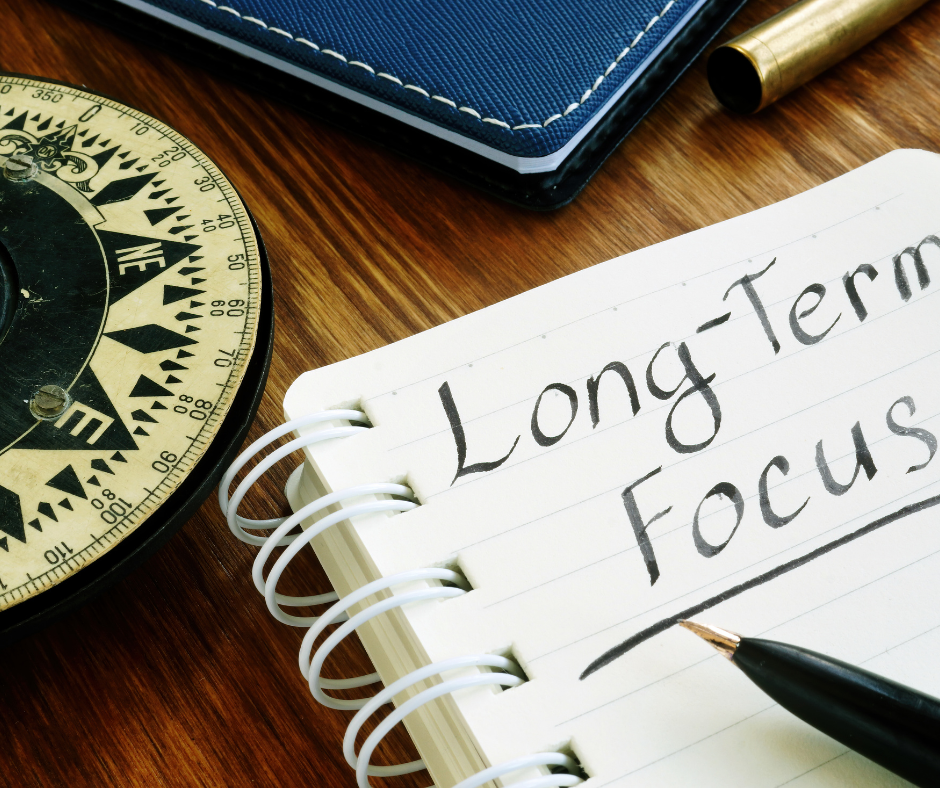Investment bonds are often marketed as being a tax effective way of saving for your children or grandchildren. This article explains why they aren’t all they are cracked up to be and for most people you are better off investing in Exchange Traded Funds (ETFs) in your own name.
What are investment bonds
Investment bonds are a way of long-term investing in a range of actively managed or index funds. You choose the investment and the investment bond provider pays tax so you don’t need to. They are often used for people to pass wealth from one generation to the next, saving for your children’s future education expenses, or for covering future funeral expenses.
How is tax paid
The investment bond provider pays tax at the company tax rate (30%). The investor then doesn’t need to include it in their personal tax return.
What’s the catch
Fees – Most investment bond providers charge up to 0.6% for management fees, in addition to the investment fee. As with any long term investment, administration fees like this will reduce your future returns.
Capital Gains Tax (CGT) – With personally held investments, you get to defer any capital gains tax until you sell your investment (and you also get the 50% CGT discount if you hold it for more than 12 months). With investment bonds, all capital gains are included as income each year. You therefore don’t get the same level of compound returns as you do with personally held investments.
Choice of investments – Most investment bond providers have a wide range of investments to choose from, but most come with high investment fees. Most of these investments are actively managed funds. History has shown that 75% of these types of funds don’t beat the index they track. By investing through ETFs, you get returns in line with the index and you pay relatively low fees.
Flexibility – With investment bonds you need to keep your money invested for 10 years otherwise you will lose most of the tax benefits. With ETFs, you can sell them whenever you want or need. As long as you have held them for more than 12 months you will still get the 50% CGT discount. Further, you can time the sale of them to coincide with you having a lower income (or make an additional contribution to super!), which will further reduce any capital gains tax you will need to pay.
What this looks like in practice
The best way to show you what this looks like is to run the numbers. Let’s compare investing through ETFs compared with through an investment bond.
The assumptions for this comparison are an upfront investment of $10,000 and an annual contribution of $10,000; an investment that gives an annual return of 8% (which is made up of 4% income and 4% capital gains); and the investor has an income of $150,000 and is in the 37% tax bracket.
At the end of 20 years, the value of the ETFs would be $397k versus $334k for the investment bonds.
Now let’s assume that at the end of 20 years both investments are sold. After paying $28k in capital gains tax on the ETFs (at 37%), you would still have $369k compared to the $334k from the investment bonds.
Conclusion
If you and your spouse earn under $180k each, from a financial perspective, you will be better off investing in ETFs in your own name rather than through investment bonds.
There is a lot of conflicting information out there. If you would like help mapping out a strategy that best suits you, we have a 6-month program that will deliver what you want. To discuss, book a chat with us via the link below or call on 0417034252 or email us at office@constructwealth.com.au.
About the Author
Phil Harvey is an independent financial adviser. In 2017 Phil set up his company Construct Wealth to help clients best manage their finances so they focus on what is important to them. He is a founding member of the Profession of Independent Financial Advisers and a tax financial adviser, registered with the Tax Practitioners Board.
General Advice Warning
This advice contains general information. It may not be suitable to you because it does not consider your personal circumstances. Phil Harvey and Construct Wealth are authorised representatives of Independent Financial Advisers Australia (AFSL 464629)
See related articles
The most important thing about investing is to start
Most people want to be financially secure, but they also want the ability to keep doing the things that are most important to them. To be financially [...]
Investing in a volatile market
Continuing to invest when it looks like the market is falling is not easy. Mostly because our inner voice tells us not to buy something when there is [...]
Are you doing everything needed to create financial independence?
One of the first things we do with clients is get a picture of where they are. There are 10 key areas we believe are critical to [...]



